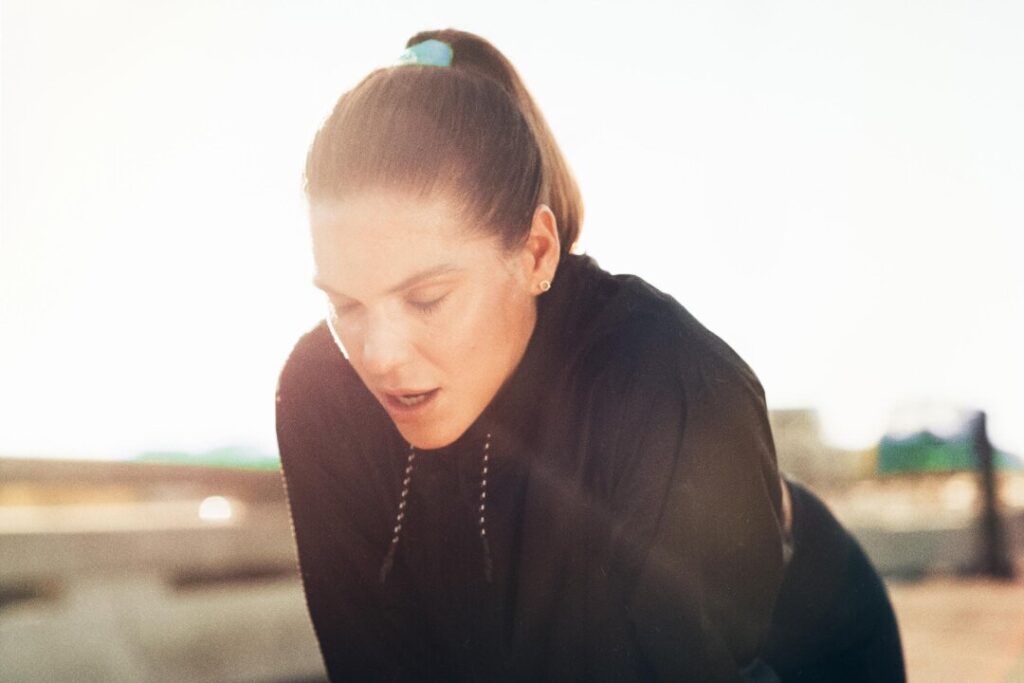
A woman suffering from chronic insomnia found that her morning jogging routine, intended to enhance her sleep, instead exacerbated her condition. After years of believing that running would lead to restful nights, her situation deteriorated, resulting in discomfort and sleeplessness. It was only after she consulted with Guo Yucheng, director of the Contemporary Han Yi Yuan TCM Clinic in Taiwan, that her approach to exercise changed dramatically. Yucheng recommended replacing long-distance running with gentler practices, such as tai chi, yoga, and stretching. Within three months, she noted significant improvements in her sleep quality and overall energy levels.
The case highlights a common misconception: that intense exercise equates to better health. Many individuals adhere to the belief that vigorous activities, from running to high-intensity workouts, will enhance their physical condition, particularly their cardiopulmonary function. However, this mindset can lead to detrimental effects when the body is pushed beyond its limits.
Understanding the Risks of Excessive Exercise
While regular physical activity is essential for maintaining health, the nature and intensity of the exercises performed can have vastly different outcomes. Individuals often equate sweat and fatigue with effective workouts, overlooking the signs of overexertion that can lead to chronic damage.
Yucheng emphasizes the importance of listening to the body. “Pushing yourself too hard can result in injuries, fatigue, and even sleep disturbances,” he explained during his appearance on NTD’s “Health 1+1” program, a sister outlet of The Epoch Times. His insights resonate with many who experience the negative side effects of overtraining, particularly those suffering from sleep disorders or stress-related issues.
The Shift Towards Mindful Movement
The growing awareness of alternative exercise methods reflects a broader movement towards mindful practices. Activities like tai chi and yoga not only promote physical health but also enhance mental well-being. These forms of exercise encourage relaxation and focus, which can be particularly beneficial for individuals dealing with insomnia or anxiety.
As more people seek holistic health solutions, the appeal of gentle exercise modalities continues to rise. Yucheng’s approach illustrates a shift in perspective; rather than viewing exercise as a means to an end, it becomes a tool for fostering balance and harmony within the body.
In summary, while exercise is undoubtedly an important component of a healthy lifestyle, the emphasis on quantity and intensity can be misleading. It is essential to adopt an individualized approach to fitness that prioritizes well-being over mere performance. By integrating gentle practices into their routines, individuals may find not only improved physical health but also a more restful night’s sleep.





